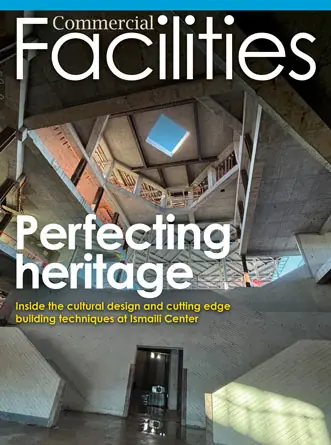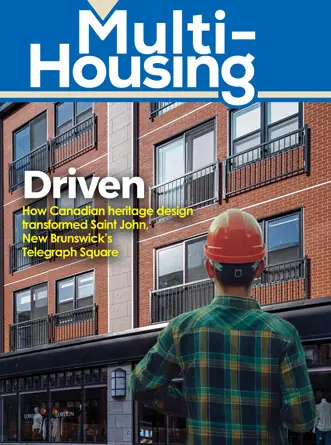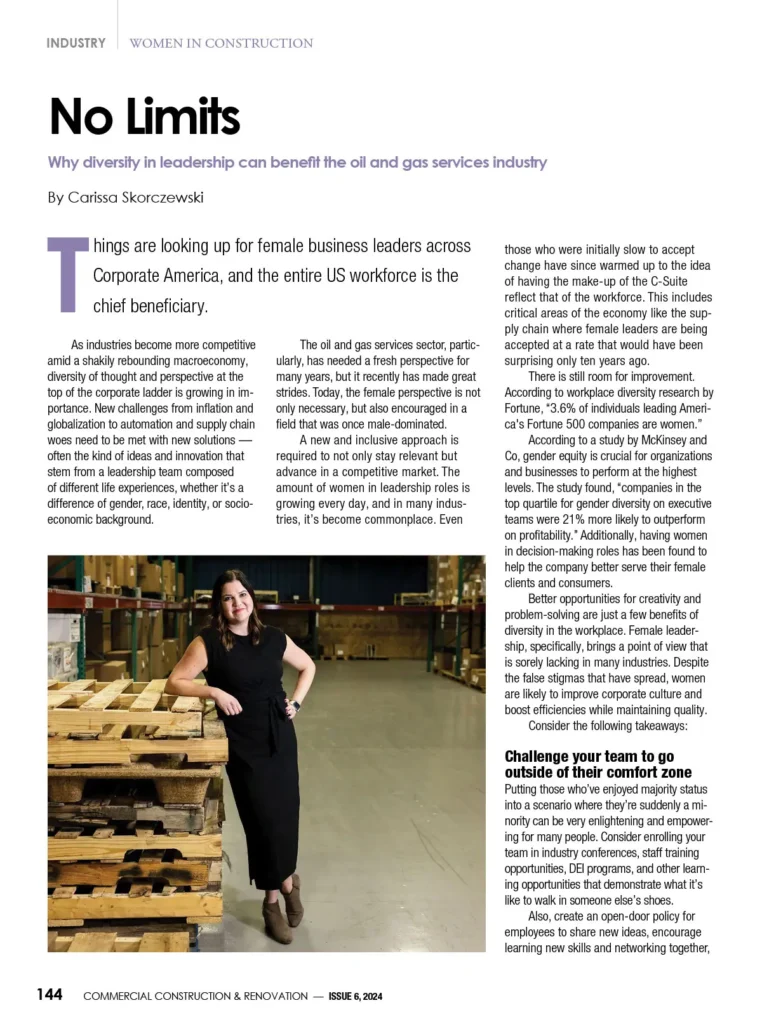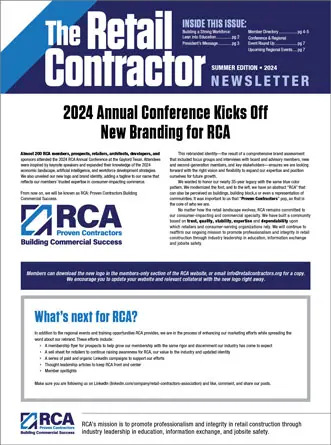Discover the intricacies of paystubs in the construction industry with our comprehensive guide. Learn about unique components, terms, and how these critical documents foster transparency between employers and workers.
Introduction:
Navigating the financial landscape of the construction industry requires grasping the nuanced documentation accompanying paychecks. For both employers managing project costs and employees safeguarding their earnings, understanding the complexities of construction paystubs is crucial. This guide serves as a beacon, highlighting the distinctive components of these financial summaries and their significance in this industrious sector.
Essential Components:
1. Personal Information: Accuracy here is foundational. Any discrepancies in personal details can cause significant issues in tax reporting or salary dispatch. It’s especially pertinent in construction, where workforce mobility is high, necessitating meticulous record-keeping. Fortunately, there are a lot of free paystub templates available to ensure important personal details won’t be missed.
2. Pay Period Specifics: Unconventional work hours are standard in construction, with workers often juggling multiple sites or projects. Clarifying the pay period ensures transparency and aids in tracking project costs and labor efficiency for employers.
3. Gross Wages Breakdown: In construction, gross wages are a sum of various components. Beyond regular hourly rates, workers might earn differentials for hazardous work conditions, overtime, or bonuses for project completion within deadlines. Itemizing these adds clarity and ensures workers are compensated fairly as per industry norms or union stipulations.
4. Deductions: These aren’t just standard statutory and health benefit deductions. Construction workers may see deductions for safety equipment, union dues, or contributions to workers’ compensation programs. Employers must detail these to maintain clear communication regarding the worker’s net compensation.
5. Net Pay: It’s the figure workers anticipate. After deductions, the net pay informs employees what they’re taking home, ensuring it aligns with their expectations and the agreed terms.
Understanding Unique Terms:
Construction paystubs often introduce terms unfamiliar to those outside the industry.
1. Prevailing Wage: Government-regulated projects demand the assurance that workers receive at least the minimum standard wages and benefits. The ‘prevailing wage’ entries confirm adherence to these regulations, showcasing the employer’s commitment to lawful compensation.
2. Fringe Benefits: These indirect compensation facets are substantial in construction. They might include transportation allowances, lodging expenses, or specialized training costs covered by the employer, contributing significantly to a worker’s total remuneration package.
3. Certified Payroll Compliance: This term signifies that the wages meet specific regulatory standards, crucial for audits, and reflecting the employer’s ethical labor practices.
Differences in Construction Paystubs:
Several characteristics distinguish construction paystubs from others.
1. Variable Hours and Rates: Fluctuating work hours necessitate a breakdown of earnings. For instance, paystubs may list standard hours, overtime, and any additional compensation, like weekend or holiday premiums, with their corresponding rates. This detailed view prevents disputes over wages and reaffirms workers’ rights to fair remuneration.
2. Project Details: These insights are pivotal, especially for contractors managing several sites. Details might encompass project IDs, site names, or specific tasks, facilitating organized financial tracking, aiding job costing accuracy, and ensuring budget adherence.
3. Additional Deductions and Allowances: Construction employees often shoulder expenses uncommon in other professions. Whether it’s advanced per diems for on-site sustenance or deductions for lost or damaged equipment, reflecting these in the paystub maintains transparency.
Educational Aspect:
For newcomers to construction, paystubs serve as educational tools. They break down the complex wage structure, offering insights into industry-specific compensation norms. By understanding deductions, benefits, and net versus gross pay, workers become more informed, contributing to a sense of empowerment and professional growth.
Importance of Accuracy and Compliance:
Precision in construction paystubs isn’t just about fairness; it’s a compliance prerequisite. Inaccurate stubs can lead to legal repercussions, audits, or penalties, especially concerning prevailing wage projects. Employers must meticulously document wage details, reinforcing trust through transparency, and fortifying their reputation within the industry.
Conclusion:
In the realm of construction, paystubs are foundational to financial fluency. They’re pivotal in upholding legal standards, fostering clear communication, and safeguarding both worker and employer interests. A paystub isn’t just a statement of earnings but a symbol of the diligence and integrity practiced within the construction business. As we demystify its components, we advocate for a culture of clarity and conscientiousness, traits as vital as the very structures the industry erects.
By comprehending the subtleties of construction paystubs, workers and employers don’t just facilitate financial transactions; they strengthen the very pillars of the industry — transparency, fairness, and mutual respect.









 The 2024 virtual Men’s Round Table will be held Q4, 2024, date TBD.
The 2024 virtual Men’s Round Table will be held Q4, 2024, date TBD.












